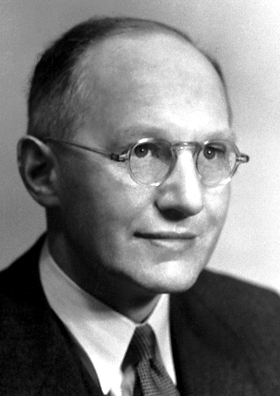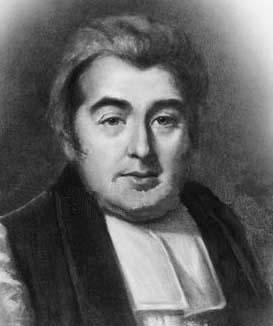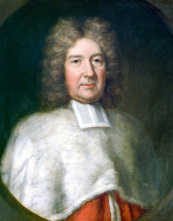Related Research Articles

Trinity College, officially The College of the Holy and Undivided Trinity of Queen Elizabeth near Dublin, is the sole constituent college of the University of Dublin, a research university in Dublin, Ireland. Queen Elizabeth I founded the college in 1592 as "the mother of a university" that was modelled after the collegiate universities of Oxford and Cambridge, but unlike these affiliated institutions, only one college was ever established; as such, the designations "Trinity College" and "University of Dublin" are usually synonymous for practical purposes.

Ernest Thomas Sinton Walton was an Irish physicist and Nobel laureate. He is best known for his work with John Cockcroft to construct one of the earliest types of particle accelerator, the Cockcroft–Walton generator. In experiments performed at Cambridge University in the early 1930s using the generator, Walton and Cockcroft became the first team to use a particle beam to transform one element to another. According to their Nobel Prize citation: "Thus, for the first time, a nuclear transmutation was produced by means entirely under human control."

John Mortimer Brinkley was the first Royal Astronomer of Ireland and later Bishop of Cloyne. He was President of the Royal Irish Academy (1822–35), President of the Royal Astronomical Society (1831–33). He was awarded the Cunningham Medal in 1818, and the Copley Medal in 1824.
The Regius Professorships of Divinity are amongst the oldest professorships at the University of Oxford and the University of Cambridge. A third chair existed for a period at Trinity College Dublin.

The Royal University of Ireland was founded in accordance with the University Education (Ireland) Act 1879 as an examining and degree-awarding university based on the model of the University of London. A Royal Charter was issued on 27 April 1880 and examinations were open to candidates irrespective of attendance at college lectures. The first chancellor was the Irish chemist Robert Kane.

William Monsell, 1st Baron Emly, PC was an Anglo-Irish landowner and Liberal politician. He held a number of ministerial positions between 1852 and 1873, notably as President of the Board of Health in 1857 and as Postmaster General between 1871 and 1873.

'Michael Ward (1643-1681) was a 17th-century Anglican bishop and academic in Ireland.
Anthony Martin was an Anglican priest in Ireland during the first half of the 17th-century.
James Verschoyle, LL.D. (1747–1834) was an Irish Anglican bishop.
Pascal Ducasse was a Church of Ireland Dean in the first half of the 18th century.
John Ryder was an Irish Anglican priest in the 18th-century.
Robert Wilson was a 17th-century Anglican Dean in Ireland.
Robert King (1723–1787) was an 18th-century Anglican priest in Ireland.
John Wellwood, D.D. was a 17th-century English Anglican priest in Ireland.
Robert Burrowes, D.D., was an Anglican priest in Ireland during the second half of the 18th and the first half of the 19th centuries.
Sankey Winter (1688–1736) was an Anglican priest in Ireland.
Thomas Monsell (1763–1846) was an Anglican priest in the 19th century.
Anthony Cope was a seventeenth-century Irish Anglican priest.
Peter Mahon was an Irish Anglican priest.
Edward How was an Anglican Archdeacon in Ireland in the late 17th-century.
References
- ↑ Fryde, E. B.; Greenway, D. E.; Porter, S.; Roy, I., eds. (1986). Handbook of British Chronology (3rd, reprinted 2003 ed.). Cambridge: Cambridge University Press. ISBN 0-521-56350-X.
- ↑ Alumni Dublinenses : a register of the students, graduates, professors and provosts of Trinity College in the University of Dublin (1593-1860) Burtchaell,G.D./Sadlier,T.U. p586: Dublin, Alex Thom and Co, 1935
- ↑ 'A Statistical Account, Or Parochial Survey of Ireland, Volume 2' Mason, W.S. p330: Dublin; John Cumming; 1816
- ↑ "The Succession of the Prelates and Members of the Cathedral Bodies of Ireland. Fasti ecclesiae Hiberniae. Vol. 4, The Province of Connaght" Cotton, H p142 Dublin; Hodges and Smith; 1849